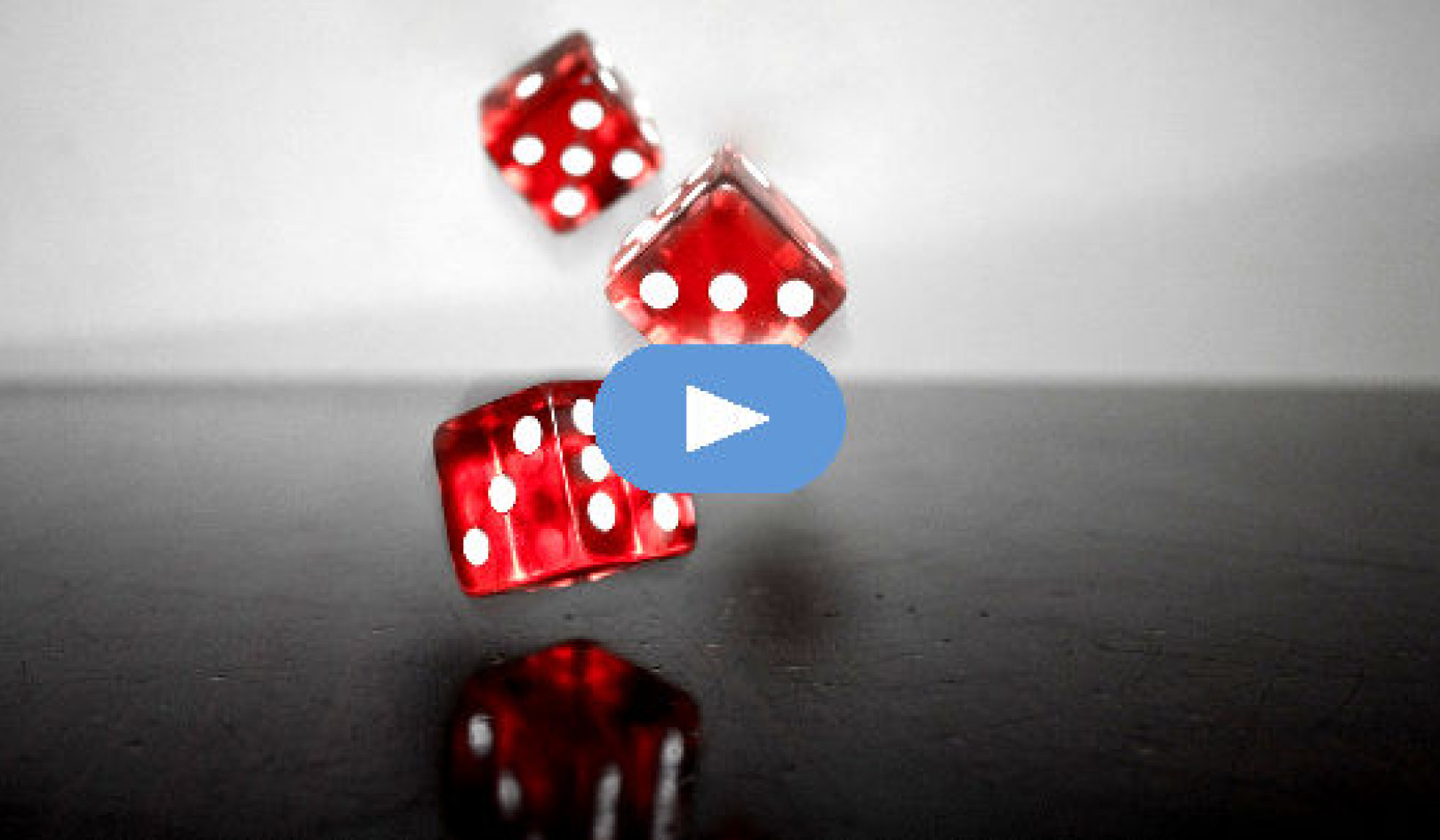
Image by ????????? ?????????
“When we become parents, we often see ourselves as our children’s teachers, but we soon discover that our children are our teachers as well.” — Daniel Siegel and Mary Hartzel
My greatest wins as a mom stem from moments of failure. Allow me to share one of my biggest:
I sat in the upstairs hallway crying. Not gentle crying, but bawling with big, gushing tears—the kind of crying that makes my face look red and puffy. Like I’ve been in a prize fight. More important, I felt as if I’d been beaten up on the inside. From behind one closed door away my two-year-old daughter was also crying, because I’d scared her with my anger. The sound of her crying bored into my heart, precipitating another wave of gasping, snotty sobs. I curled up in a ball on the wood floor. I buried my face in my hands.
Who said parenting would feel like this? No one. It’s supposed to be filled with soft-focus moments, me gazing lovingly at my child, right? So what is wrong with me?
I was miserable. But after some time I acknowledged to myself that this parenting stuff was H.A.R.D. I slowly sat up with the realization that I’d frightened my innocent toddler. My actions had damaged our relationship. It would have been easy to blame her and push through. But I had the presence of mind to realize that I could choose to start over instead.
I wiped my teary, puffy face with my sleeves. My body felt drained and shaky. I took some deep breaths, stood up, and opened the door to offer her comfort.
That day in the upstairs hallway, my journey began.
It would be much easier to tell this story if this were my single big moment of waking up. I wish I could say that right after that I got myself together, vowed to never yell again, and lived happily ever after as a parent. The truth is that I had already lost it too many times to count, and I would mess up many more times after that.
Although I never would’ve believed it back then, today, with my daughter on the edge of teendom, our relationship is closer than ever. While I certainly get frustrated, I rarely yell at her or her younger sister. My children actually cooperate without threats or punishment (98 percent of the time).
How did that happen? Through my committing to use practical strategies drawn from mindfulness, compassionate communication, and conflict resolution. And that’s what this book is all about. In the pages that follow, you’ll learn how to go from a stressed parent to a kind and confident one: grounded, calm, and skillful. The tools I’ve collected here have helped hundreds of other parents build the kind, cooperative relationships they want with their kids.
From those days of near-constant frustration, I went on an epic quest to understand myself and my daughter. I read books, experimented with different practices, attended trainings, and earned certifications in an effort to change my habits. I doubled down on my years of mindfulness study and brought it into my everyday life as a parent.
I learned not only how to stop losing my cool but also how to create strong relationships. Now my children cooperate because they choose to, not because I threaten them.
The Reality of Parenting
Before Maggie was born, I had a lot of opinions on how to raise kids. I imagined that my child would eagerly do as I asked and not talk back to me. I would be loving but firm, and we would get along. I had visions of us peacefully walking through art museums together (go ahead and laugh).
The reality of toddlerhood hit me hard. Not only did my child not listen to me, she actively resisted nearly every single thing I said. We butted heads daily. My naturally chill husband and I started to see her as a tiny ticking time bomb. Anything could trigger explosive tantrums, with screaming and yelling lasting for (what felt like) hours. My full-time days at home with her left me jumpy and exhausted. What was wrong with my child? Why?? It wasn’t long before I started having my own mommy tantrums too. What a mess!
It’s amazing to look back now, see in the photos just how cute she was, and remember how incredibly difficult it was. We shared wonderful, life-altering joy and she pushed buttons in me that I didn’t even realize I had. At that time I didn’t know that I was reenacting my own father’s temper, perpetuating a pattern passed down through the generations.
If you are irritable, frustrated, disillusioned, and feeling guilty—if you are yelling, stomping your feet, or crying—trust me, you are far from alone. When my daughter was little I was irritable, exhausted, ashamed of my anger, and feeling totally guilty.
The day I sat on the hallway floor, I had two choices: I could shame and blame myself, falling into a pit of despair... Or I could accept what was happening and learn from it. So I took my anger and used it as a teacher. I looked at why I was getting triggered. I realized that to parent as well as I could, I needed to become calmer and less reactive, and I needed to respond to my daughter with more skillful language, not blameful words that exacerbated the situation.
The good news for you is that if I could turn around my mess of repetitive failures and build strong, loving, connected relationships with my children, you can too.
Changing the Perfection Paradigm
It’s not easy. As parents, we’re given the message that we are always supposed to know what to do. We should be able to effortlessly produce healthy lunches, a tidy home, keep everyone organized, and look great doing it. We should have wonderful relationships with our children because the “perfect parent” is always loving, patient, and kind.
But the reality is that sometimes we don’t like our kids, and sometimes we behave impatiently, yell, and act mean. For most of us, thinking about these missteps brings up a kind of shame that feels unbearable. You can choose to wallow in that, or you can choose to use it as a catalyst to learn and change. I invite you to do the latter.
Modeling in Every Moment
What do we want for our kids? I want my girls to be happy, to feel secure in themselves and confident. I want them to have good relationships with others. More than anything else, I want them to feel comfortable in their own skin—to accept themselves.
What do you want for your kids? After you answer that, the big question becomes, Are you practicing these things in your own life?
You’ve probably realized already that children tend to be terrible at doing what we say but great at doing what we do. From infancy, we are teaching our children how to treat others by the way we treat them. How we respond to our children on a moment-to-moment basis creates a pattern that our children may follow for a lifetime. Therefore, the onus is on us to behave the way we want our children to behave.
What kind of family life would you like? How do you want to feel? Perhaps you want to feel calm. Or you may want to feel less triggered and more confident in your choices. You probably want more cooperation. I invite you to explore your answers to these questions in the following exercise.
Exercise: What’s Your Relationship to Your Own Parenting?
It’s important to have a clear understanding of how you would like your family life to be day to day, along with what you would like to change to get it there. Take a few moments to contemplate these questions. Write as much as you feel moved to for each one. Date this page in your notebook: it’s a snapshot of what your feelings and behaviors are now—and what you want them to be in the future.
* How do you feel about parenting now?
* What are your frustrations?
* What do you want to feel instead?
* What would you like to change about your behaviors?
How to Model Conscious Living
You may have seen a parent yelling at a child to be quiet (or you may have had such a moment yourself). Our kids see right through this hypocrisy.
* If we want our children to learn to be kind and respectful to others (including us), then we must demonstrate kindness and respect.
* If we want our kids to consider others’ needs, then we must show them that we truly consider their needs.
* If we want them to be polite, then we have to consider our own use of courteous words with our children.
We must treat our children how we ourselves want to be treated. We should behave as we want them to behave. It’s so simple—and not easy at all.
Habits of Disconnection
Unfortunately, as a culture we are in the habit of treating children as less than—and too often we expect behavior of them that we don’t really demonstrate ourselves. We expect children to be respectful, yet we continually order them around. We make demands of them, then we are surprised when they are demanding. We yell, threaten, and punish, demonstrating to them that power and coercion are our go-to tools.
Unsurprisingly, this causes disconnection in the relationship. Children start to resent their parents. By the time they are adolescents, they’ve had it with this kind of treatment and rebel. Then we’ve lost our influence when our children need it most, during the teen years. Sometimes our relationships remain irreparably harmed into our children’s adulthood.
I invite you to consider a better option: You demonstrate the kind and respectful communication you want your child to learn. You be less reactive in the moment and respond to your child more thoughtfully. You get your own needs met and have boundaries, and you communicate these without blaming, shaming, and threatening. You behave as the good human you want your child to be.
Changing Old Patterns
A few years into working on my own yelling problem, I sat down with my father. He talked to me about the circumstances in which he grew up. His parents beat him with a belt. My grandparents’ behavior, which would be called traumatizing abuse today, was then considered normal. My father, in his turn, spanked me.
Now I was on a mission to change things. Not only was I not physically punishing my children, I was also trying not to yell. We both saw the improvement down through the generations, but for me, “not yelling” wasn’t enough. I wanted to create relationships based on cooperation and respect—and I did so. The old patterns of harshness, anger, and disconnection have been transformed in my family.
No More Threats
When we threaten our kids, they learn to threaten others. And it’s simply a much less effective parenting tool than skillful communication.
With a stronger relationship to your child, your influence will grow. It’s not magic, and it takes some hard work, but the benefits will last for a lifetime. I’ve seen this happen time and time again with the students in the Mindful Parenting course that I developed and teach. You can change harmful patterns for generations to come.
When my firstborn was young, we seemed to be in conflict daily. Not only was I terrible at handling her difficult feelings, but my way of communicating made our problems worse. Yet I was able to turn things around. Now we are able to get through conflicts with less frustration and recover from them more quickly. My partner and I have much more cooperation from both children.
A Mindful Path to Raising Good Humans
Most parenting books don’t tell you that all their good advice goes out the window when your stress response kicks in—as in, you literally can’t access the areas of the brain where your good new skills are stored.
Reduced reactivity and effective communication are taught via eight skills that you can implement, even in your busy life, starting right now:
- Mindfulness practices to calm reactivity
- Awareness of your story
- Self-compassion
- Taking care of difficult feelings
- Mindful listening
- Speaking skillfully
- Mindful problem solving
- Supporting your peaceful home
Many parents look at the challenges, irritations, and frustrations of parenting and blame the child. If we can only “fix” our children, life will be better. But instead of blaming your child—or yourself—I invite you to look at the difficulties and stresses of parenting as your teachers—as something to learn from, rather than something you wish would just go away.
©2019 by Hunter Clarke-Fields. All Rights Reserved.
Excerpted from "Raising Good Humans", Chapter 8,
New Harbinger Publications, Inc.
Article Source
Raising Good Humans: A Mindful Guide to Breaking the Cycle of Reactive Parenting and Raising Kind, Confident Kids
by Hunter Clarke-Fields MSAE
 With this book, you’ll find powerful mindfulness skills for calming your own stress response when difficult emotions arise. You’ll also discover strategies for cultivating respectful communication, effective conflict resolution, and reflective listening. In the process, you’ll learn to examine your own unhelpful patterns and ingrained reactions that reflect the generational habits shaped by your parents, so you can break the cycle and respond to your children in more skillful ways.
With this book, you’ll find powerful mindfulness skills for calming your own stress response when difficult emotions arise. You’ll also discover strategies for cultivating respectful communication, effective conflict resolution, and reflective listening. In the process, you’ll learn to examine your own unhelpful patterns and ingrained reactions that reflect the generational habits shaped by your parents, so you can break the cycle and respond to your children in more skillful ways.
For more info, or to order this book, click here. (Also available as a Kindle edition and as an Audiobook.)
About the Author
 Hunter Clarke-Fields is a mindfulness mentor, host of the Mindful Mama podcast, creator of the Mindful Parenting online course, and author of the new book, Raising Good Humans (New Harbinger Publications). She helps parents bring more calm into their daily lives and cooperation in their families. Hunter has over 20 years of experience in meditation and yoga practices and has taught mindfulness to thousands worldwide. Learn more at MindfulMamaMentor.com.
Hunter Clarke-Fields is a mindfulness mentor, host of the Mindful Mama podcast, creator of the Mindful Parenting online course, and author of the new book, Raising Good Humans (New Harbinger Publications). She helps parents bring more calm into their daily lives and cooperation in their families. Hunter has over 20 years of experience in meditation and yoga practices and has taught mindfulness to thousands worldwide. Learn more at MindfulMamaMentor.com.

























